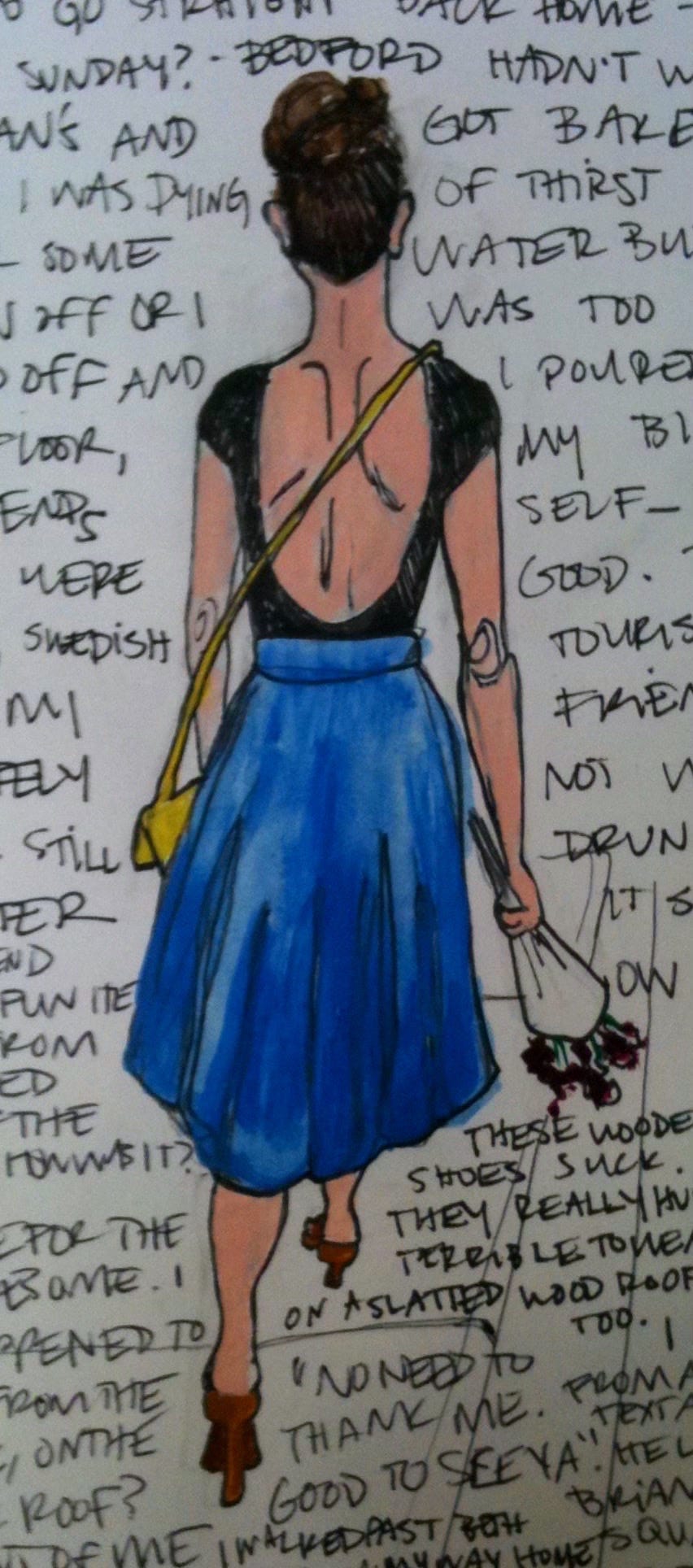Safety in numbers
I wrote about the Treasury market for Harper's!
Remember the debt ceiling shenanigans of 2023? Did that stress you out, too? That was when the US lost the second of our formerly-three AAA ratings. (The last one went this past May.) Back then I talked to Vanderbilt Law’s Yesha Yadav (yes I wrote about her last week and also you can hear the conversation in reference here) — about the political brinkmanship and the invisible costs it was accruing in the Treasury market. And I got a little stuck in that conversation, in those thoughts.
So I wandered around my house muttering about the Treasury market for a couple years, to no one in particular, to anyone who would listen. About market structure, about eroding trust, about interest expenses getting awfully high. I was starting to sound like people I knew.

Well, I finally collected my thoughts and, with incredible, skillful care from my editor Elena Saavedra Buckley, wrote this piece for Harper’s. It came out yesterday.
I’m really proud of it. But uh. One quick note before you dive in: I want you to know, I NEED you to know, that I tried to write this piece with only a small mention of Bill Gross, almost no mention, really. It just seemed relevant, that time in 2011 when he bet against Treasurys and was basically/arguably right but ended up really wrong. I wrote about this moment in my book, as you know, and we also had Bill Gross on Planet Money to talk about it, in this 2021 episode, Bond Voyage, the point of which was basically “why have we been able to issue so much debt without yields going up?” (lol). So I just want the record to show that I DID try to drop that story in as a small little note, at the very end of the piece. But — as you’ll see — it is where it belongs. At the very beginning. Not so small. What can I say!! I am who I am. and sometimes Bill Gross’s logic just sticks with a person.
A crucial moment in that story, the crux of that story really, is S&P’s downgrade of the US sovereign credit rating, on August 5th, 2011. I remember that so well. It was a great time in my life — my second year in New York, second year at my job, and second year of my chaotic and beloved Hamptons sharehouse. I wore sale Anthropologie dresses and flat-ironed my already-straight hair.

In the process of finishing this piece with Harper’s just now, their great and fastidious factchecker needed proof that (spoiler of what’s in the article) I did in fact have friends and peers pregaming on the train out East after the S&P downgrade that Friday. I somehow remember and dig up an ancient thread from our sharehouse listserv.
This listserv was a very vibrant part of our lives, for logistics and merriment. After the news of the downgrade hit that fateful evening, one of our housemates replied all asking me and another business journalist in the group what the deal was, what we thought. People replied; I remained inexplicably and rudely silent.
So, fourteen years later, I unearth this email thread, and the factchecker is able to check things off her list. And I realize I have an historic opportunity.
I’m so pleased with this. It did land well. I’m so happy.
Separately, I found this behind-the-scenes moment from August 6th, 2011. I won’t identify her because now she is a distinguished mom somewhere else, but then she was an influential half-anon fintwit personality. She’s wearing a kid’s bike helmet.
Contemporaneous exchanges show a debate about consuming BBCs from Cryil’s (RIP), concern that we might, and hope that we would not. I have no record of the outcome.
I think we can all agree that iphone camera quality has really improved since 2011. Known, but still striking to behold! And look how bulbous our texts were:


One thing I keep thinking about (well, we all keep thinking about) is the trade deficit / Treasury market relationship. That relationship accounts for like 40% of this Planet Money episode, Do Trade Deficits Matter?, where we talked to Ken Rogoff. I know it’s my episode but I do recommend it. Anyway: Americans buy so much stuff, which exports US dollars. Those dollars gotta go somewhere; a lot of them go into our government debt. This dynamic has grown to where it feels kind of like a vacuum. A friend recently was like “can you do an episode about how I can’t stop shopping? I don’t even want to, but I buy things?” Not to diminish his agency, but to some degree this is that episode.
It’s so minor but since April I have felt like this, us talking about this now, has embedded in it some small vindication for the Piper Ratliffs of the world, the white girls who fled to Asia because something felt fundamentally off. Hollow, derivative, something. Like maybe there were too many different types of dresses for too cheap, and maybe tissue boxes didn't actually need decorated covers. (My Thailand was India, if you were wondering. I did not go to meditate but to study economics at St. Stephen’s College, sorry to brag). Our analysis may have been largely vibes and the outcome problematic, but we were onto something.
Anyway please read the Harper’s piece and let me know what you think!!!
And what should we do next?? I have some ideas but I know you do too.





This was such a fun read. I remember the downgrade so well, too - I worked at S&P at the time. It felt fundamentally pivotal. Can't wait to read the Harper's piece!
You’re my favorite substack.